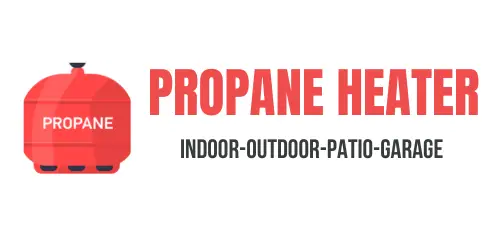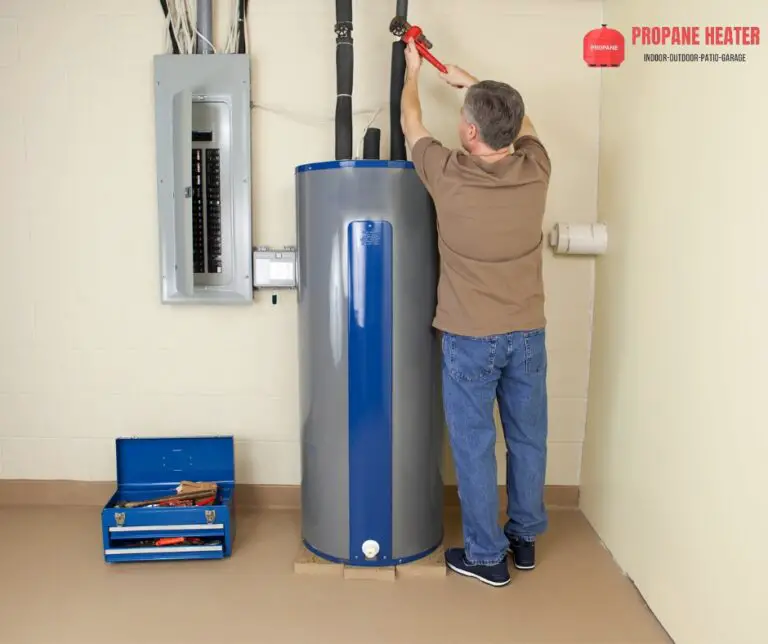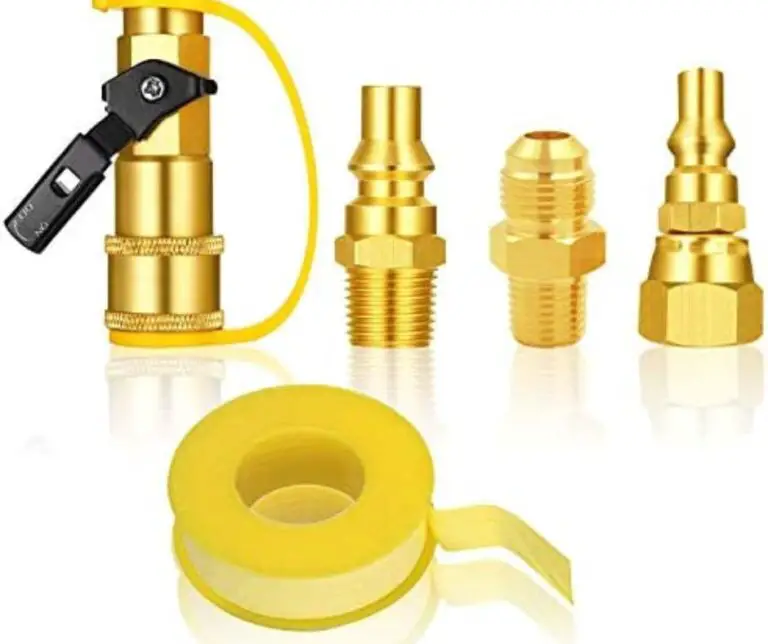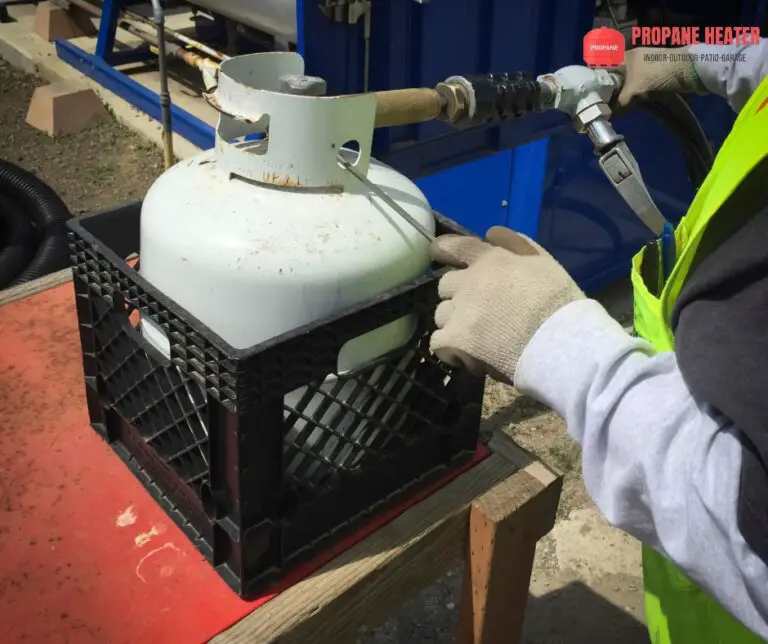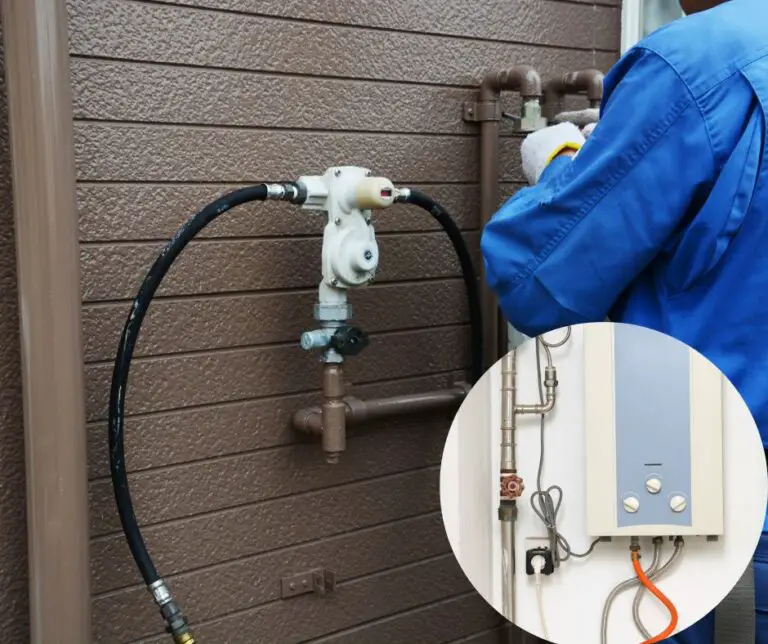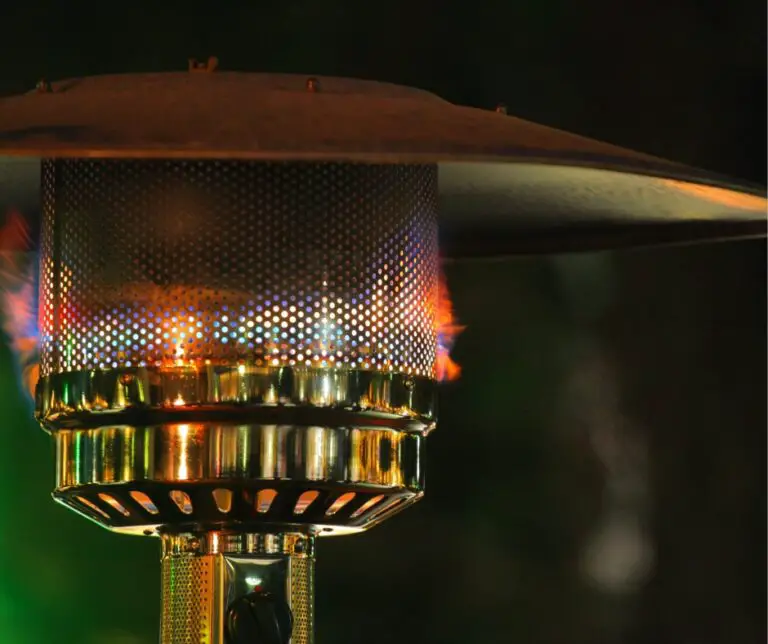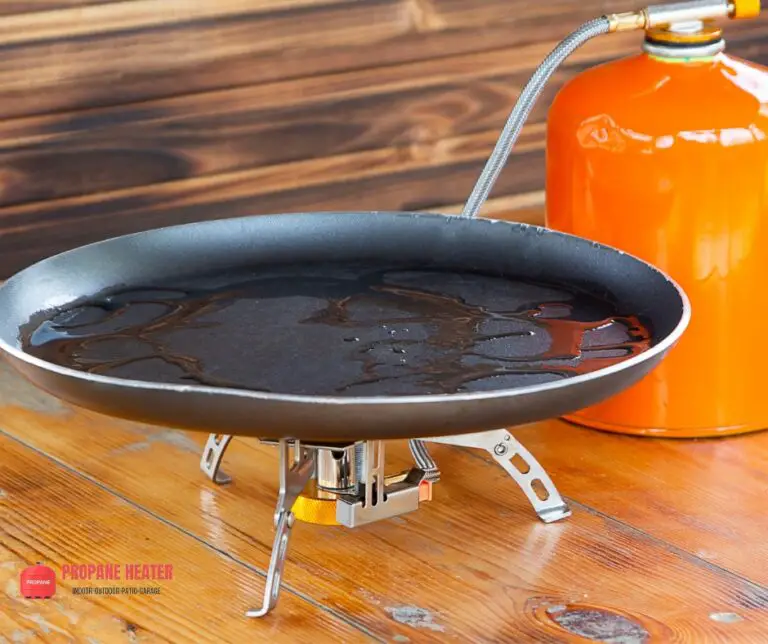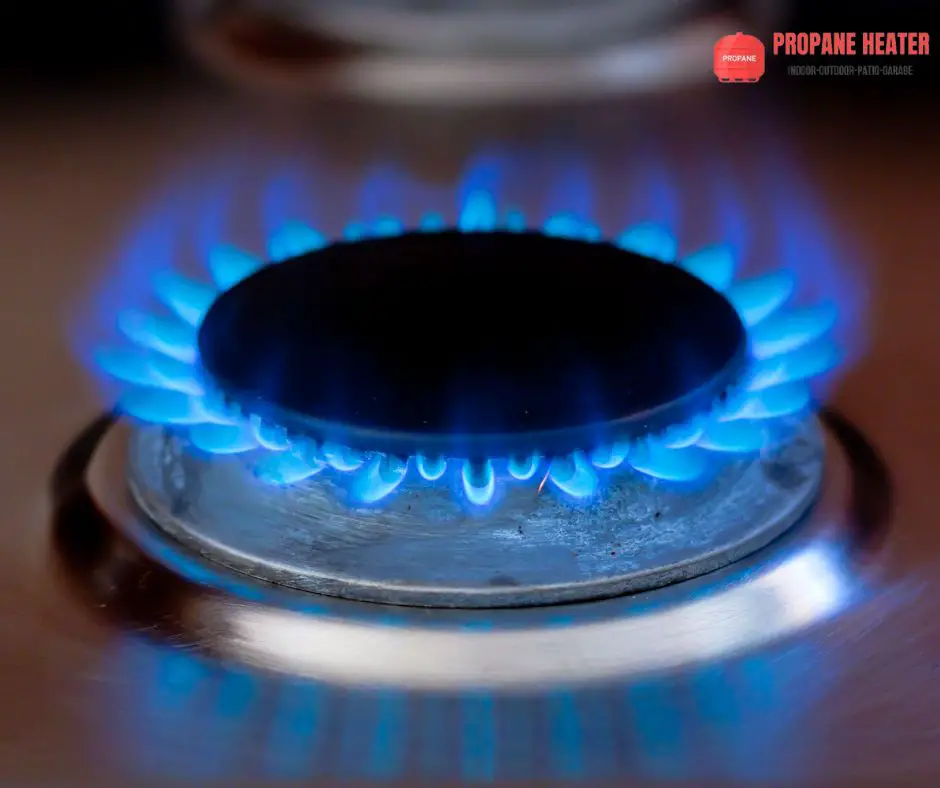
You’ve probably heard people talking about the benefits of propane stoves and wondered whether you should switch to this new cooking trend. The propane stove has been used for decades now. It’s a favorite among hunters, campers, backpackers, and other outdoor adventurers, but many people have never tried one. For all you know, this could be the best thing you’ve ever tried. When is it appropriate to use a propane stove and how do you know if it’s right for your situation?
It’s appropriate to use a propane stove whenever you want to. The reason one might ask this question is that you’re worried about the environmental impact of burning propane. You may worry about the carbon footprint that comes from transporting propane and its inevitable combustion byproducts into your home. But you don’t have to. You can use it whenever you want, as long as you take to normal precautions.
Factors That Determine When to Use a Propane Stove
The propane stove has many pros and cons. It is a good option for those who love the outdoors and enjoy camping. However, when you are planning to buy one, you must consider some factors. These factors will help you determine when to use a propane stove.
1. The type of food being cooked
The type of food being cooked also has an impact on when to use a propane stove. For instance, if you are trying to make hamburgers or hot dogs, then it may be easier for you to use an electric grill instead because these types of foods do not require too much heat to cook properly. However, if you are cooking something like steak or chicken breasts, then it would be better for you to use a propane stove instead because these foods need more time to cook completely as well as having more control over how well done each piece should be.
2. The size of your party
If you plan to cook for over two people at a time, then it is advisable to opt for a propane stove instead of an electric one. This is because the latter can only accommodate 2 or 3 people at most before needing to be refilled or replaced with new ones. Propane stoves can accommodate up to 6 or more people with no problem at all. Though this depends on the size of the propane cylinder, the usage, and the efficiency of the propane stove.
3. The amount of time you want to spend cooking
If you are preparing food for only yourself or a few other people, then an electric stove would be more than enough since it does not require much work when preparing meals and takes less time as well. However, if you want to cook for larger groups, then opt for a propane stove instead, which requires less effort and time while still producing amazing results.
4. The amount of time you want to spend cooking
If you are preparing food for only yourself or a few other people then an electric stove would be more than enough since it does not require much work when preparing meals and takes less time as well. However, if you want to cook for larger groups then opt for a propane stove instead which requires less effort and time while still producing amazing results.
When Not to Use a Propane Stove
There are some instances when it’s not recommended to use a propane stove, including:
1. You have low or no fuel
If you have a propane stove and are running out of fuel, it’s best to just stop cooking and find another way to heat your food. The last thing you want is to run out of fuel while cooking. This will leave your food cold and your stove exposed to the elements.
2. When it’s raining or snowing
If it’s raining or snowing outside, try to find another way to cook your food. Propane stoves don’t work well in bad weather conditions because water or ice can easily damage their buildup on the outside parts of the stove.
3. In extremely wet conditions
If you’re in an area where it rains frequently or there’s standing water everywhere, then using a propane stove simply will not work well at all. The rain and moisture will cause your flame to go out very quickly as well as make it difficult for food to cook.
4. Confined spaces
You should not use a propane stove in confined spaces. Propane is heavier than air and will sink to the lowest point in a room or building. This can lead to an explosion if there is not adequate ventilation. In addition, propane can be dangerous if it comes in contact with other flammable materials such as gasoline or solvents.
5. Near an open flame
You should not use a propane stove near an open flame or spark source. Propane is extremely flammable and can explode if exposed to an open flame or spark source.
6. When You Have Poor Ventilation
If there is poor ventilation in your kitchen or if you have a small kitchen with limited windows or doors, then you may want to consider using an alternative method of cooking. Propane stoves release carbon monoxide into the air while they are being used and this can make it difficult for anyone who is nearby to breathe safely. If there is poor ventilation already present in an area where someone will be using a propane stove, then this could create problems with breathing as well as cause headaches and nausea among other effects.
Can You Use a Propane Stove in the Winter?
Propane stoves can be used during the winter. The important thing is to be careful about how you use them. Propane stoves work by burning propane, which is heavier than air, and mixing it with oxygen from the air. This creates a flame that burns at a lower temperature than other fuels like natural gas or butane. The problem with using propane in cold weather is that it’s harder to get enough oxygen for combustion.
This can cause your stove to go out, even if you’ve got plenty of fuel on hand. Also, most people use matches or lighters to start their gas stoves, but these are useless when it’s freezing outside and you don’t want to spend all day trying to keep your hands warm enough to light a match.
Bottom Line
When it comes to necessity if you are not completely sure that propane is the way to go, stick to firewood. It will provide you with more consistent heating and more control over your cooking environment. There are always compromises to be made, but if it is at all plausible, use a simple option to save yourself time and energy. After all, that’s what survival is all about in an emergency like a snowstorm.

I am Richard A. Jackson man behind propane heating solution, An HVAC expert working as a team lead of the heating department, Provide services all over the USA (around all major cities), and from planning to implementation, you will get all your solution here. We provide various tanks (propane and other natural gases) and deal with disposable waste.
